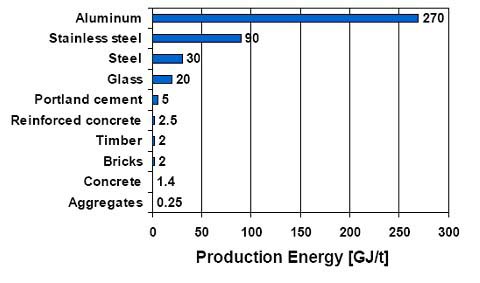FICAP Resources
Concrete Calculators (Requires a JavaScript-enabled browser to run)
Concrete Calculators
The Concrete Calculators help you to estimate the required concrete volume for a pour placement, the volume of concrete needed to fill a block, and the volume of concrete needed in a column.
Note: These calculators are provided as a reference for the convenience of our members and site visitors. They have been created using standard ready mix concrete industry measurements and formulae. No allowances have been made for variations in grade thicknesses, dimensional errors in width or length, waste, spillage, or shrinkage. FICAP has no responsibility for or control over the resultant quantities using these calculators. FICAP makes no promises or warranties of any kind, expressed or implied, including those of merchantability, fitness for a particular purpose, and non-infringement as to the content herein. In no event, shall FICAP be liable for any damages resulting from use of these calculators.
To use the Concrete Volume Calculator, simply enter the width, length, and thickness of your pour, click on whether you are measuring the thickness in feet or inches, then click on the Calculate button. The calculator will estimate the number of cubic yards of concrete that will be required.
To use the Block Wall Calculator, simply enter the height and length of the wall, click on whether you are filling an 8-inch or 12-inch wall, then click on the Calculate button. The calculator will estimate the number of cubic yards that will be required. Note that this is an estimate. There is significant variation in fill space among different blocks. This calculator assumes the use of double open-ended bond beam (lintel) blocks.
To use the Concrete Column Calculator, simply enter the height and diameter of the column, and click on the Calculate button. The calculator will display the number of cubic yards required.
Metric Conversion Tables
Summary Table Of Conversion Factors Most Often Required
x means 'multiply by' . . .
/ means 'divide by' . . .
# means it is an exact value
All other values given to an appropriate degree of accuracy.
| To change | into | do this | To change | into | do this | |
| yd3 | m3 | x 0.7646 | m3 | yd3 | x 1.3080 |
Measurements
12 inches = 1 foot
3 feet = 1 yard
220 yards = 1 furlong
8 furlongs = 1 mile
5280 feet = 1 mile
1760 yards = 1 mile
Characteristics of Concrete
- Used in the majority of buildings, bridges, tunnels and dams for its strength
- Gains strength over time
- Not weakened by moisture, mould or pests
- Concrete structures can withstand natural disasters such as earthquakes and hurricanes
- Roman buildings over 1,500 years old such as the Coliseum are living examples of the strength and durability of concrete

